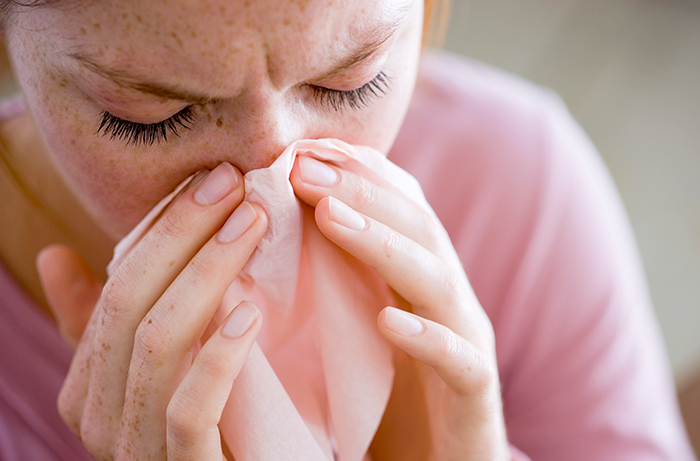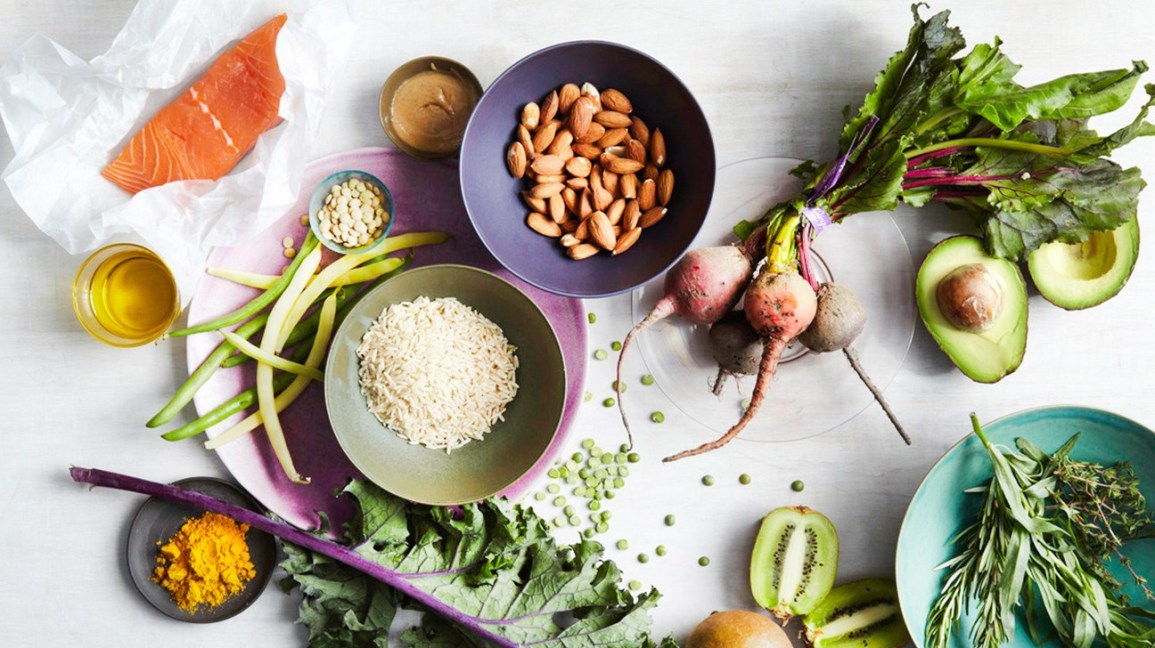Food And Drink To Avoid With Sinus Problems: Know What You Shouldn’t Eat First!
Food And Drink To Avoid With Sinus Problems: Know What You Shouldn’t Try First! Sinusitis affects an estimated 29 000 people in the United States, making it a very popular condition.
If you’ve ever had sinusitis, you know how important it is to find effective treatments as soon as possible. One somewhat contentious treatment is to avoid foods that may exasperate or worsen sinusitis symptoms.
This article discusses four Food And Drink To Avoid With Sinus Problems and other tips to help you manage your symptoms.
Contents
What exactly is sinusitis?

Sinusitis happens when the lining of your sinuses has become inflamed and swollen, also identified as a sinus infection or rhinosinusitis.
While the body has many sinuses, sinusitis typically refers to the sinuses linked to the nose, which are 4 spaces located just below and above the eyes.
They’re usually empty, with a thin layer of protective mucus on top to trap bacteria and maintain the area moistly. They also help to humidify the air you breathe and aid in the resonance of your voice, which is why it may sound very different when you have a cold.
Your sinuses get blocked when you have sinusitis. This obstruction can cause symptoms such as swelling, runny nose, discomfort or pressure, and breathing difficulty through your nose.
Acute sinusitis is the most common and lasts only a few days. Chronic sinusitis can occur if you have symptoms for even more than 12 weeks or if you have recurring infections.
The following are the most prevalent causes of sinusitis:
- The typical cold
- A bacterial infection
- Allergies that occur seasonally
- Polyps in the nose
- Smoking with a deviated septum
- Certain food allergies as well as sensitivities are also thought to aggravate sinusitis symptoms, though this claim is still fiercely disputed.
Food And Drink To Avoid With Sinus Problems – Foods you should avoid

Some limited research as well as anecdotal assertions suggest that some foods may aggravate sinusitis-related nasal congestion.
Dairy
Dairy has long been believed to increase the production of mucus as well as phlegm, a phenomenon known as the “milk mucus effect.” Some argue that this is simply an old fallacy.
One randomly selected, double-blind study with 108 participants divided them into dairy and nondairy groups. For four days, the nondairy group got soy milk and the dairy group received cow’s milk. Following that, participants reported their symptoms.
When compared to the dairy group, attendees in the nondairy group had significantly lower nasal mucus secretion. The authors came to the conclusion that the milk mucus effect theory has been plausible, but more research is required.
An older study found that allergic reactions to milk may increase the development of nasal polyps, a common cause of sinusitis.
Another study found that people allergic to milk have a higher risk of developing chronic sinusitis.
There is still little research on the subject. If you suspect that milk is exacerbating your symptoms, consult with a doctor. They may advise you to limit your dairy consumption to see if your symptoms improve.
Even so, if you do not have a dairy allergy or sensitivity, there is probably no need to eliminate it from your diet.
Foods high in sugar
A high-refined-sugar diet, such as candy, soda, and baked goods (but not natural sugars from fruit! ), may aggravate sinusitis symptoms by growing inflammation.
Some research indicates that high-sugar diets may aggravate sinus pain and increase inflammation in kids with sinus symptoms and that reducing added sugar consumption may help improve symptoms and life quality in this population.
Furthermore, some healthcare providers advise adults to avoid refined sugar as a natural way to alleviate sinusitis symptoms.
However, current research is limited.
Nonetheless, the majority of experts agree that eating less food with refined sugars is good for your health. As a result, there’s probably no harm in reducing your sugar intake to see if your symptoms improve.
Histamine-rich foods
Histamine is produced by your body’s white blood cells to aid in the fight against potential allergens. Histamine can also be found in a variety of foods.
Histamine consumed via food is rapidly broken down in healthy individuals. Those with histamine intolerance, on the other hand, may break it down less successfully, resulting in a buildup in your body.
This buildup can cause a variety of symptoms, including those associated with sinusitis, such as nasal congestion, sneezing, a runny nose, and difficulty breathing. As a result, if you have a mast cell intolerance, eating histamine-rich foods may aggravate your symptoms.
Histamine-rich foods include:
- The majority of processed meats, such as salami, sausage, and ham
- Fish sauces and dried or preserved fish
- Tomatoes, eggplant, and avocado are examples of vegetables.
- Raisins and apricots are examples of dried fruit.
- Cheeses that have aged
- Chocolate
- Sauerkraut, yogurt, kimchi, and vinegar are examples of fermented foods.
- Kombucha and alcohol are examples of fermented beverages.
Consult a healthcare professional if you suspect you have histamine intolerance. They can assist you in safely conducting an elimination trial even while ensuring that your nutritional needs are met.
Salicylate-rich foods
Salicylates are generally beneficial compounds that can be found in a variety of foods, including:
- Beans and lentils are legumes.
- Cauliflower, as well as pickled vegetables, are examples of vegetables.
- Strawberries, plums, watermelons, and raspberries are some of the fruits available.
- Grains include oats, corn, and buckwheat.
- Herbs and spices such as rosemary, paprika, thyme, and turmeric
- Some people, however, may be allergic to these herbal extracts.
If you have salicylate hypersensitivity, you may develop nasal polyps, rhinitis, and difficulty breathing. These symptoms may aggravate your sinusitis.
In conclusion
Food And Drink To Avoid With Sinus Problems: Finding relief from sinusitis symptoms, such as a runny nose and sinus pressure, is a top priority for many individuals, especially as fall approaches.
While some research indicates that a diet high in dairy, as well as refined sugars, may aggravate sinusitis symptoms, this is debatable. Furthermore, those who are sensitive to salicylates or histamines may experience deteriorated symptoms after consuming foods high in salicylates and histamines.
However, study on this subject ( about Food And Drink To Avoid With Sinus Problems) is limited, and more research is needed. If you’re looking for relief, try using nasal irrigation, or humidifier, or taking a nasal decongestant.
Consult a healthcare professional if your symptoms persist or worsen.



